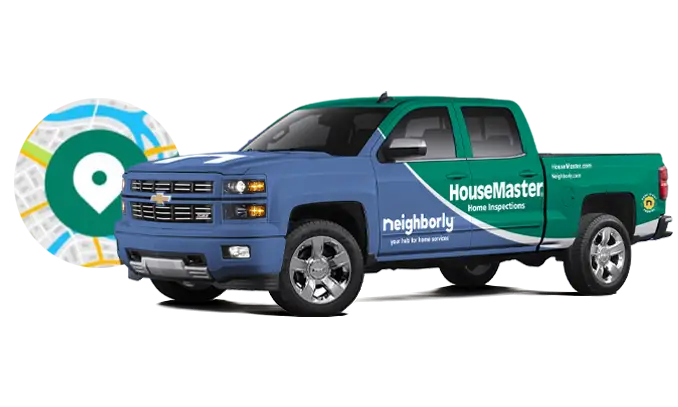Ladders are essential tools for home maintenance, construction, and DIY projects, but improper use can lead to serious injuries. Whether you’re cleaning gutters, painting, or making repairs, following proper ladder safety practices can help prevent accidents. Here’s how to stay safe when working at heights.
Learn moreHouseMaster® Blog
Resources for Real Estate Agents, Homebuyers, and Homeowners

Five Questions to ask Before Hiring a Home Inspector
All Blogs
As the days get longer and temperatures rise, spring is the perfect time to give your home the care it needs after a long winter. A thorough maintenance routine not only keeps your home in top shape but also helps prevent costly repairs down the road. Use this spring home maintenance checklist to ensure your home is ready for the season!
Learn moreMaintaining a home isn’t just about keeping it looking good—it’s also about preserving its value and avoiding costly repairs. Regular upkeep helps ensure your investment grows over time. This blog will guide homeowners through essential maintenance tips for every season.
Learn moreA home inspection is a crucial step in the buying or selling process. Understanding what inspectors look for can help sellers prepare their homes and buyers make informed decisions. This guide outlines the key areas of focus during a professional home inspection.
Learn moreWhen purchasing a home with a pool, excitement often comes with a side of uncertainty. Pools can enhance your lifestyle and add significant value to your property, but they also require careful evaluation to avoid unexpected costs or safety concerns. This is where a professional pool inspection becomes invaluable. In this article, we’ll explore why pool inspections are essential, what happens during a pool inspection, and what pool inspectors look for to ensure you’re making a sound investment.
Learn moreBuying a home is one of the largest investments most people will make in a lifetime. A thorough home inspection is the best protection against making an uninformed decision about this important purchase.
Learn moreHouseMaster Blog Categories
Connect With Your Local HouseMaster
HouseMaster Blog Categories
About HouseMaster






